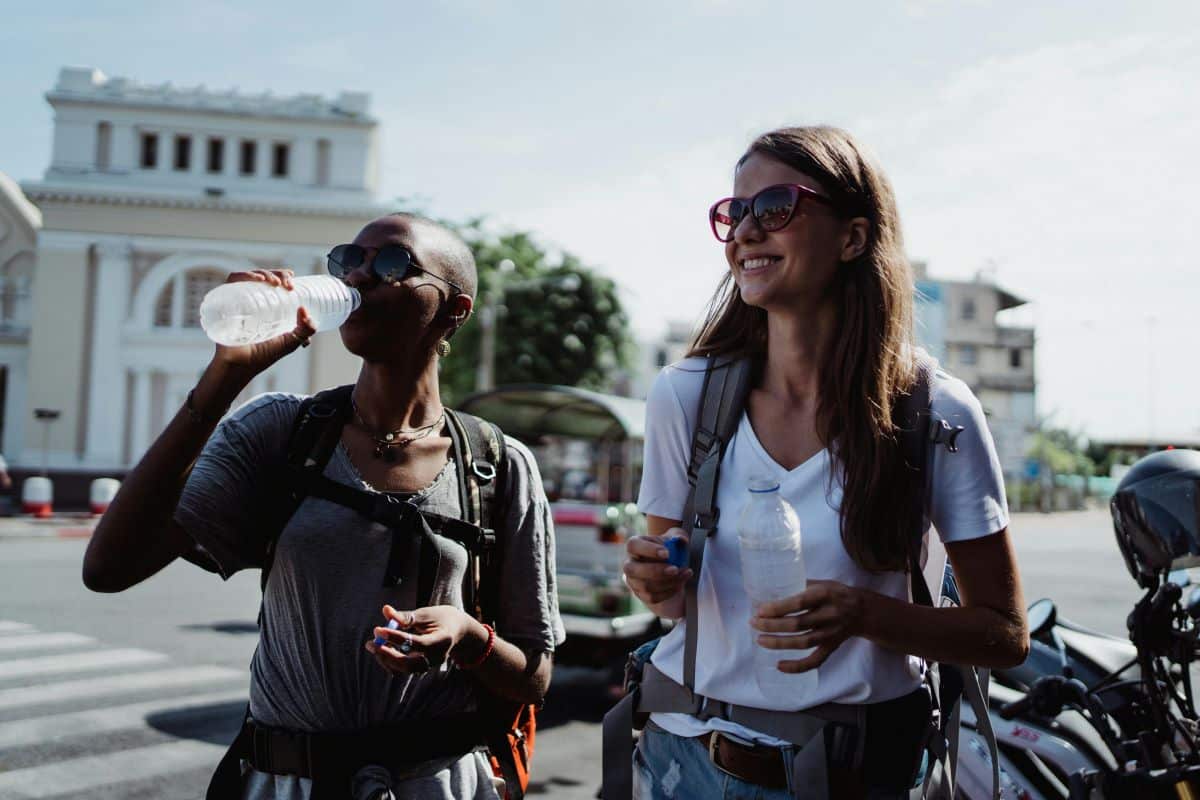Retailers reported a surprise change in consumer behaviour around the European Championships Final on Sunday. Brits are turning away from the booze. What’s behind it?
Non-Alcoholic Beer Sales Up
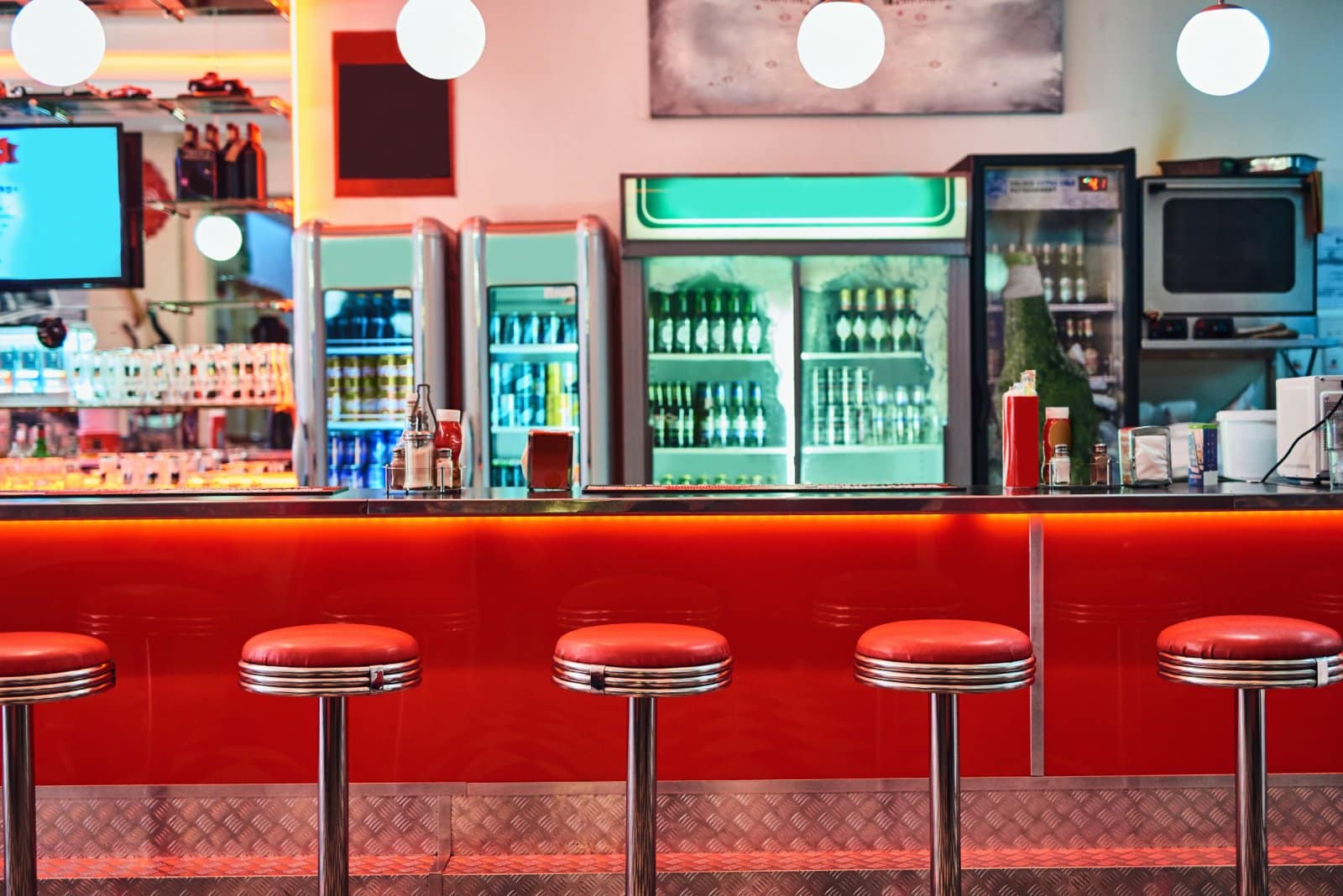
With the final being played late on a Sunday, there’s a suggestion that many viewers are taking the sensible approach and avoiding alcohol ahead of a Monday at work.
Retailers Expecting Trend to Continue
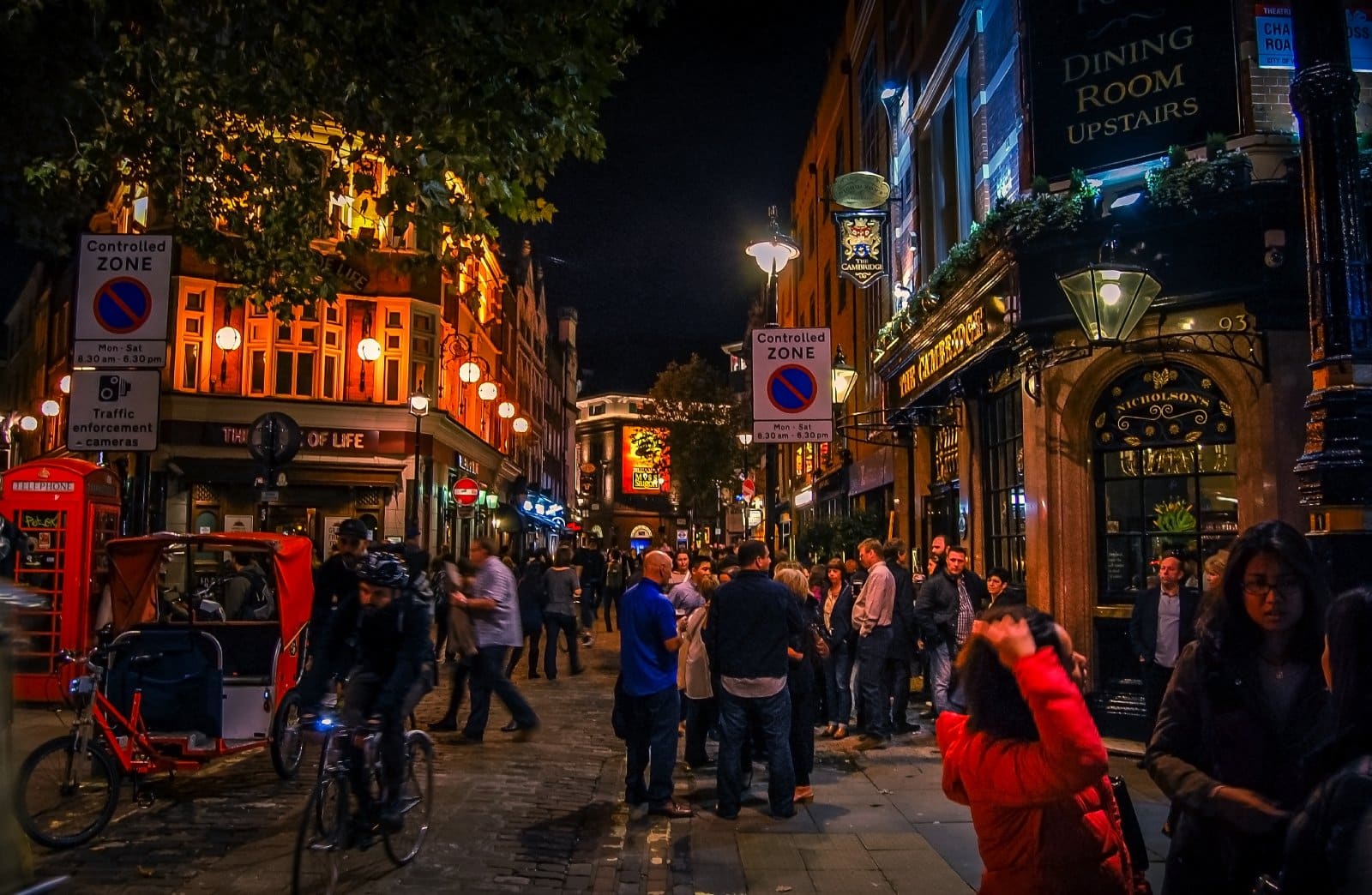
“With the match being on a Sunday evening we expect this trend to continue,” said Pierpaolo Petrassi of Waitrose.
Figures Unsurprising
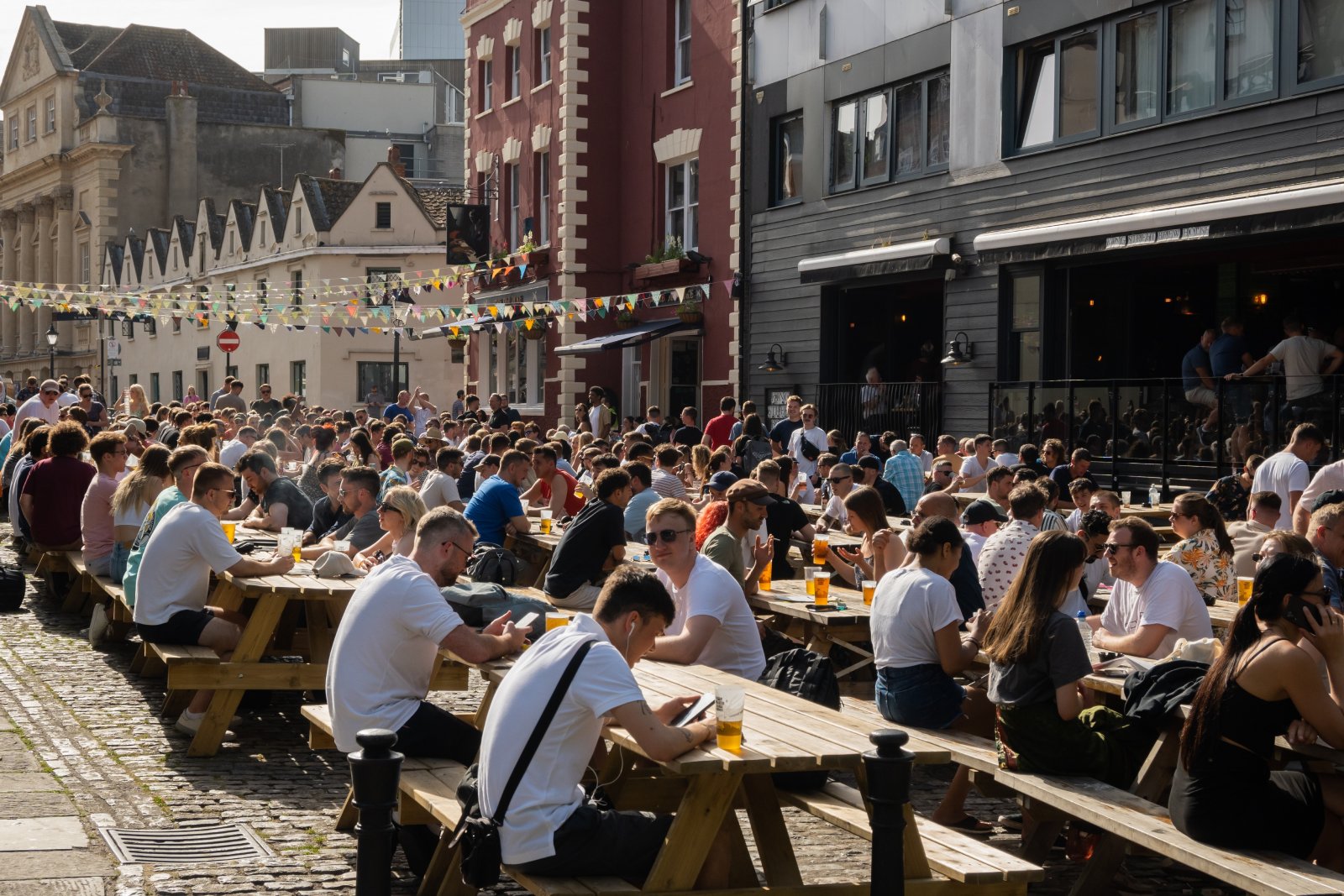
According to Statista, the non-alcoholic beer market is expected to grow rapidly in the coming years.
Market 2.5 Times Bigger
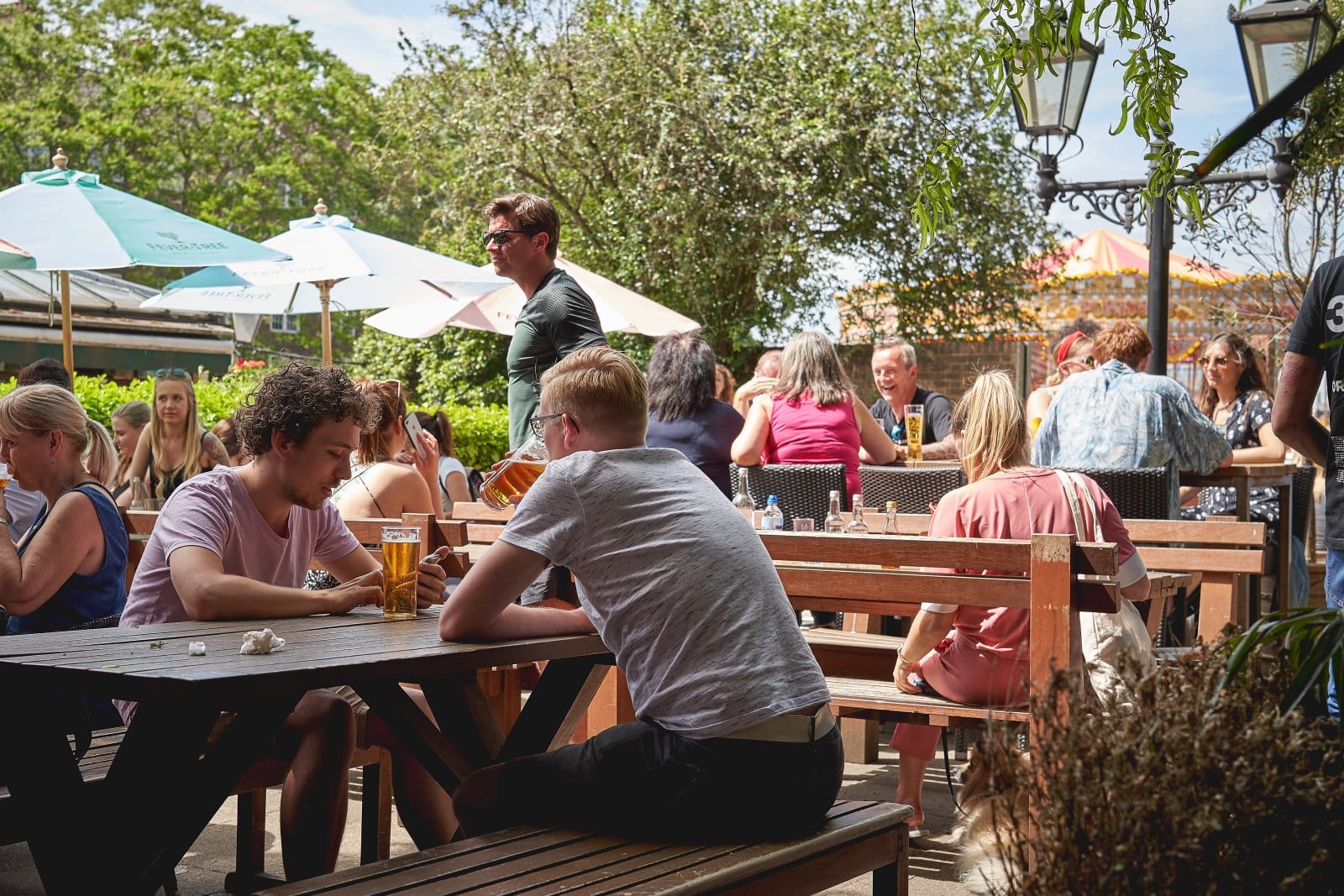
The growth of the non-alcoholic beer market so far has been exceptional. Since 2018, the market is now 2.5 times larger.
Little Choice, Low Quality
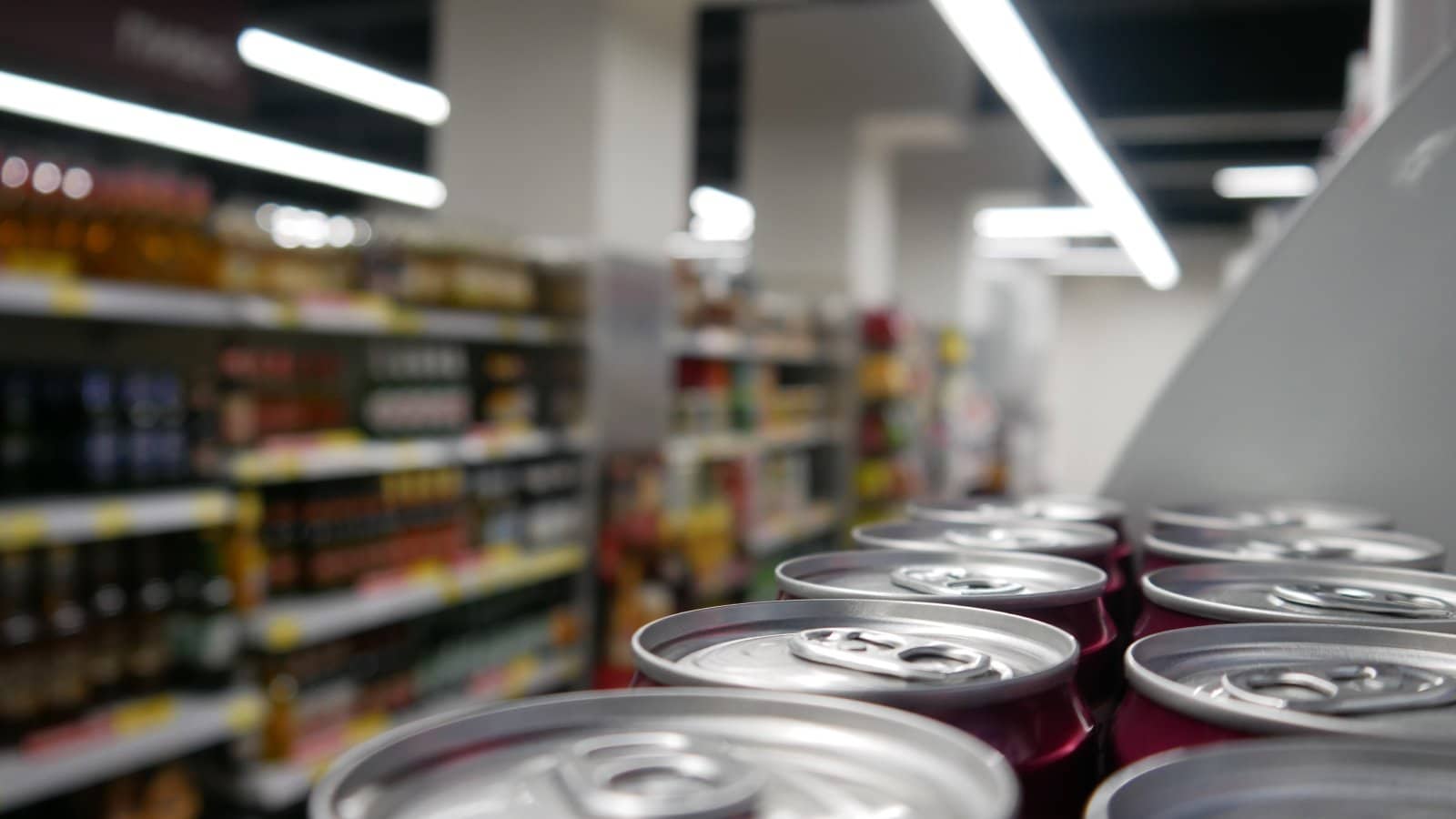
Originally, a couple of producers occupied the non-alcoholic beer market, and their products were of very low quality.
Brewers Helping
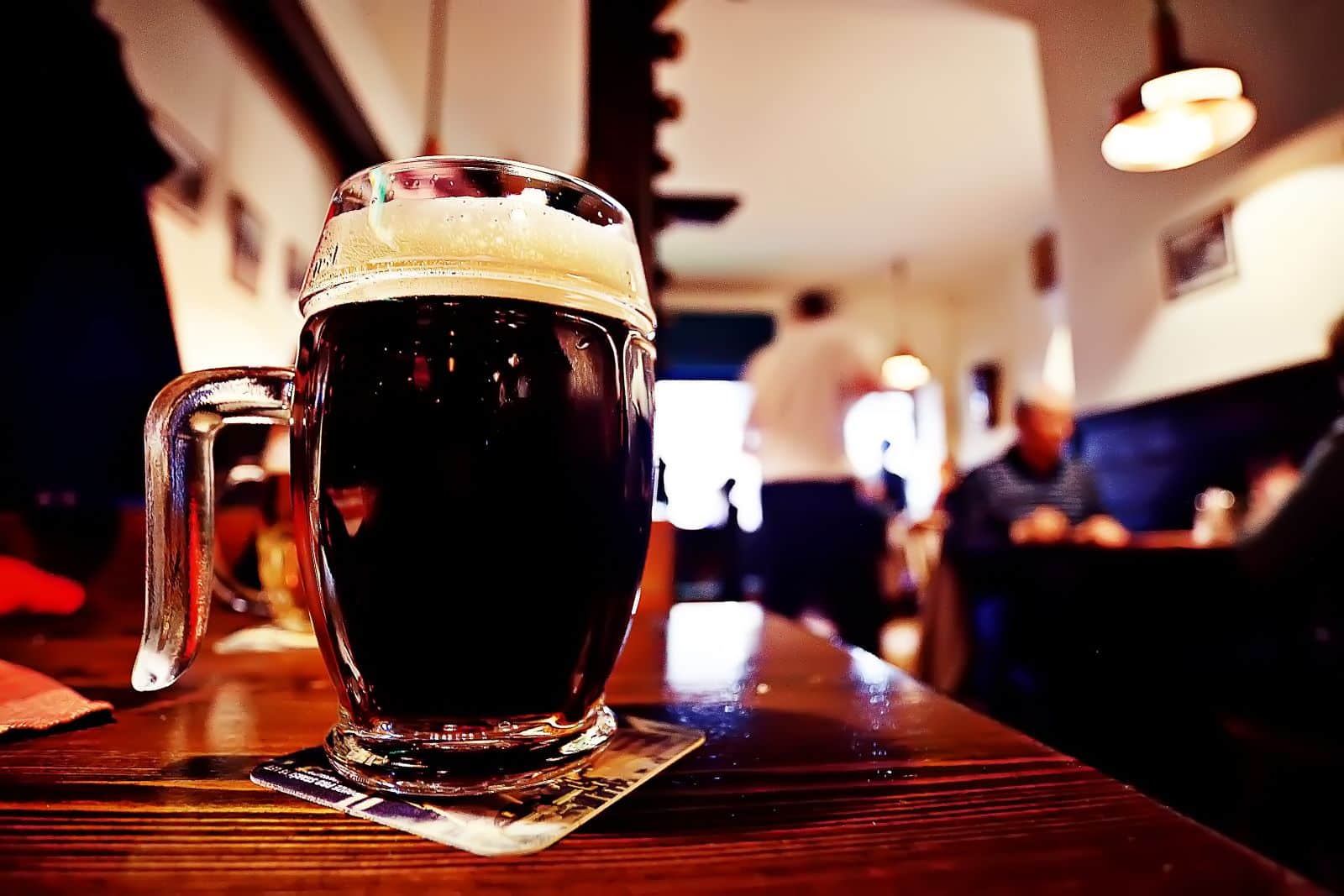
Nowadays, the bigger brewers spend much more time and effort on their non-alcoholic range, and the consumer wins. There are now more beers of higher quality on the market.
Big Players Taking Market Seriously
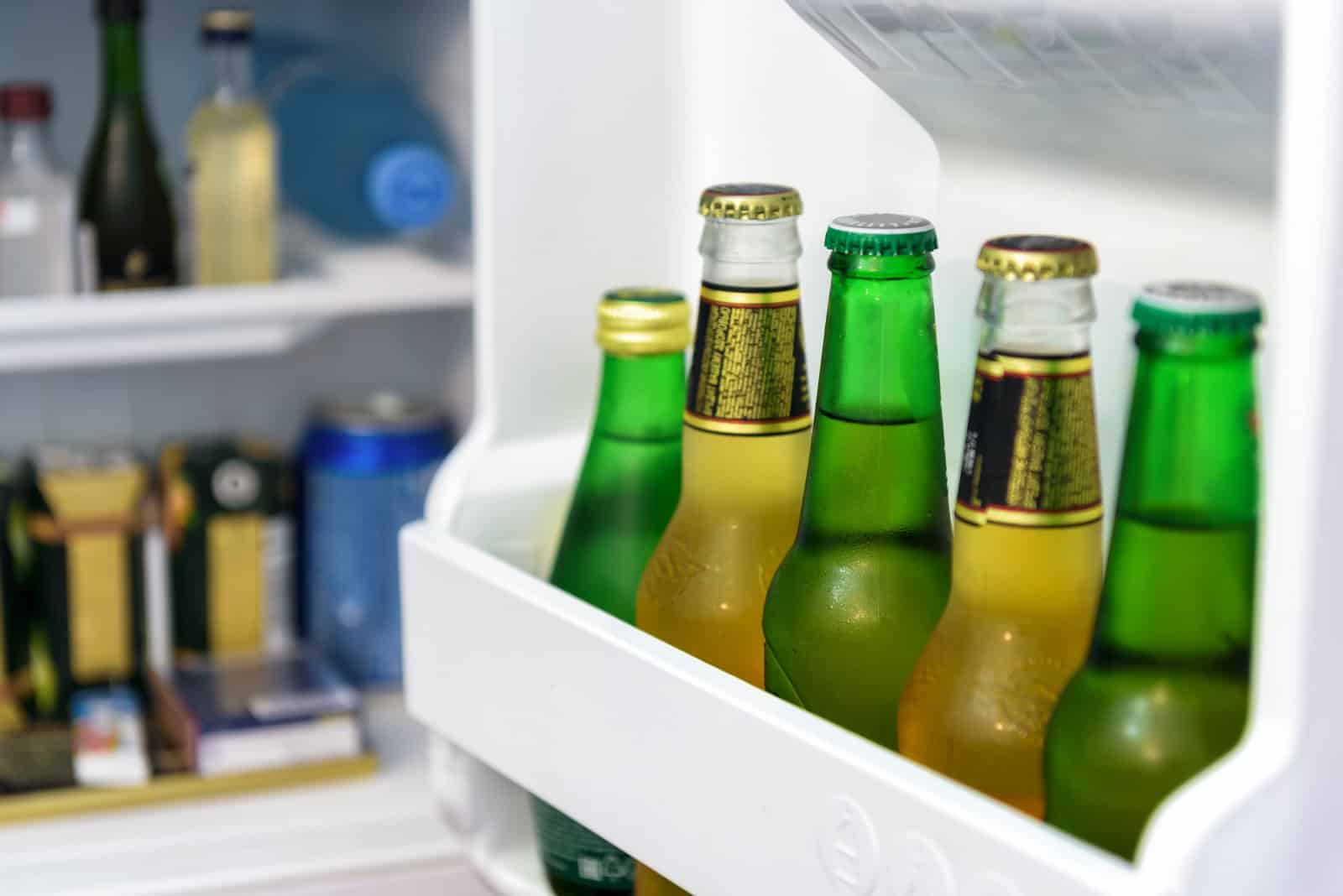
Brands such as Heineken, Peroni, Corona, and Guinness have launched very successful alcohol-free versions of their best-selling beers.
Lucky Saint Founder Engaged

“When we launched in 2018, the world was a very different place,” said Luke Boase, the founder of Lucky Saint. They are perhaps the UK’s biggest non-alcoholic beer seller.
Spirits Joining In
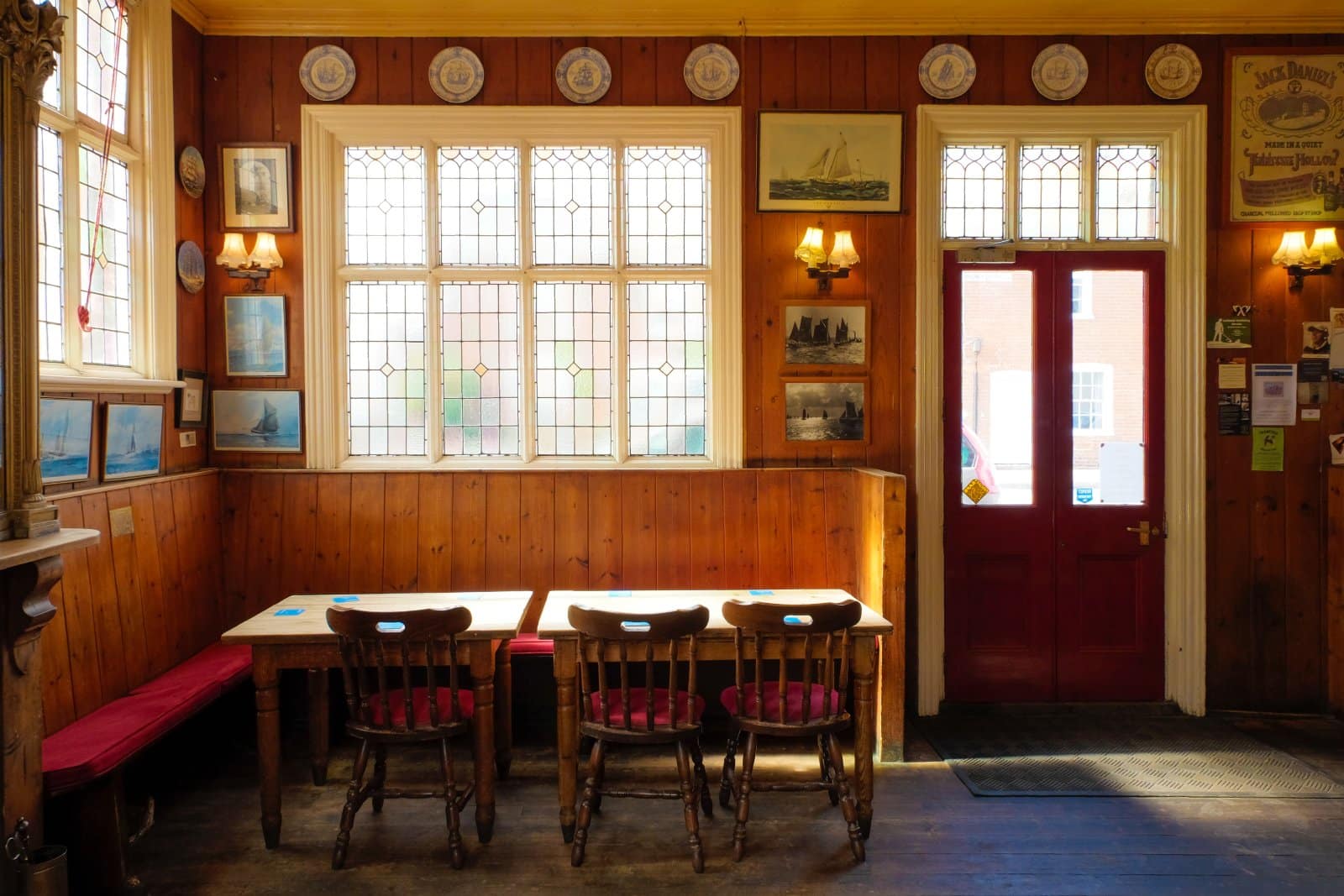
Alongside the growth in low- and no-alcohol beers, the number of booze-free spirits, especially gin, has risen.
Mocktails a Big Deal
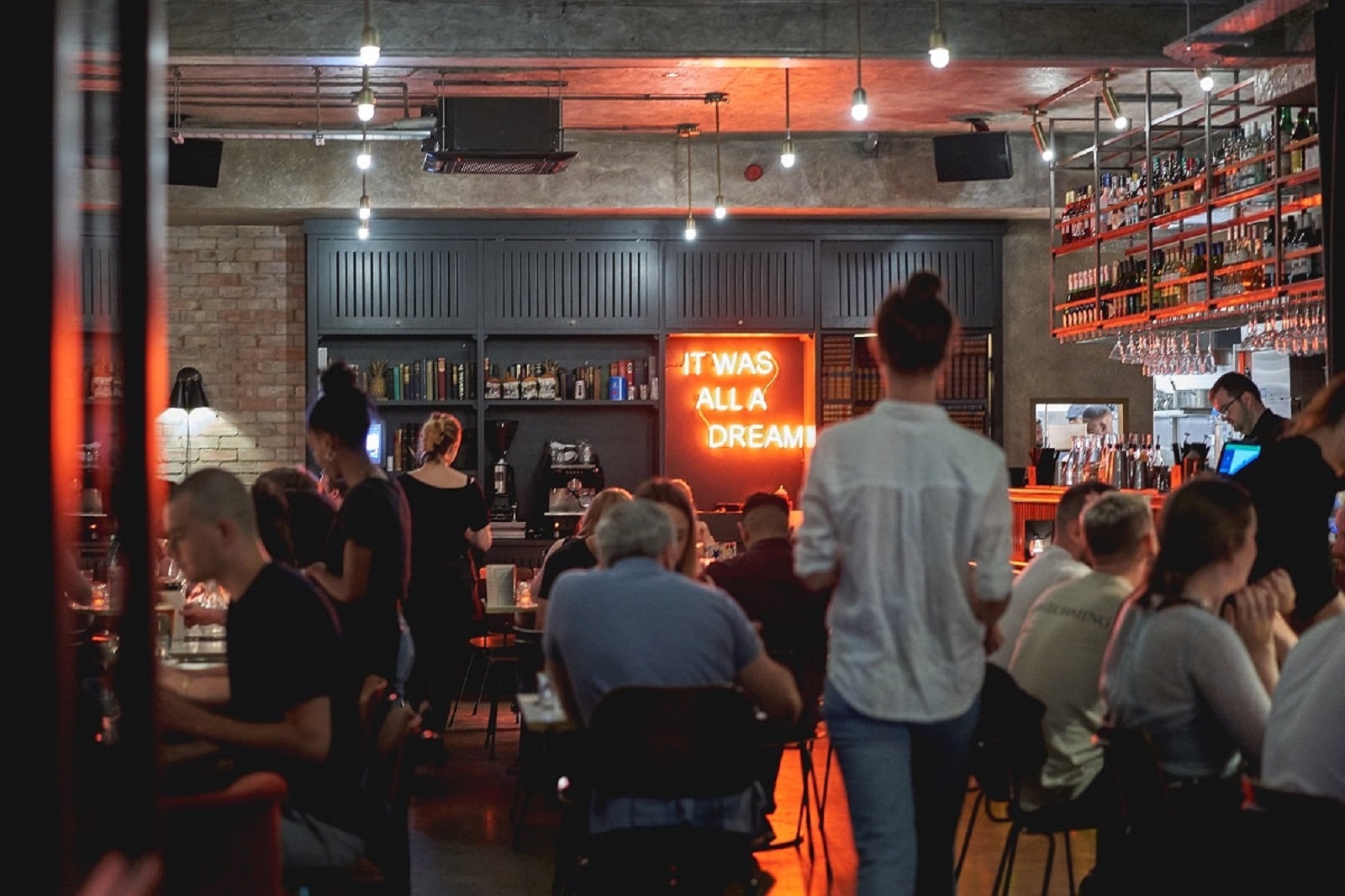
Many bars even offer a full menu of ‘mocktails’, which are non-alcoholic cocktails. Landlords are reporting sales of these are growing rapidly.
Social Media Commentary

There’s a growing movement known as ‘Zebra striping’, whereby drinkers will alternate an alcoholic drink with a non-alcoholic drink to reduce consumption.
Social Acceptance
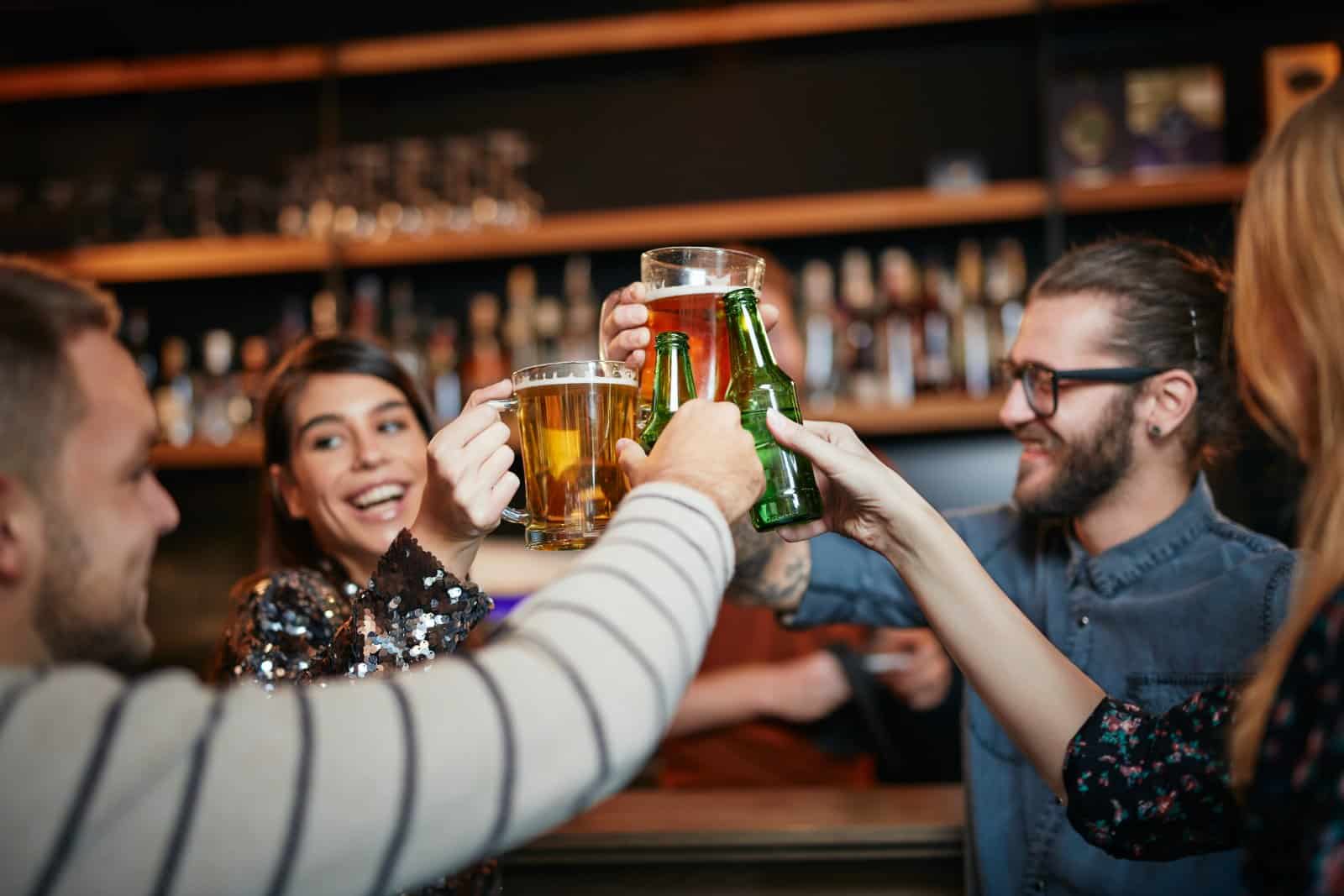
With many influencers and people in the public eye turning away from alcohol, the social pressure to drink has lowered significantly.
Stats Highlight Shrinking Alcohol Consumption
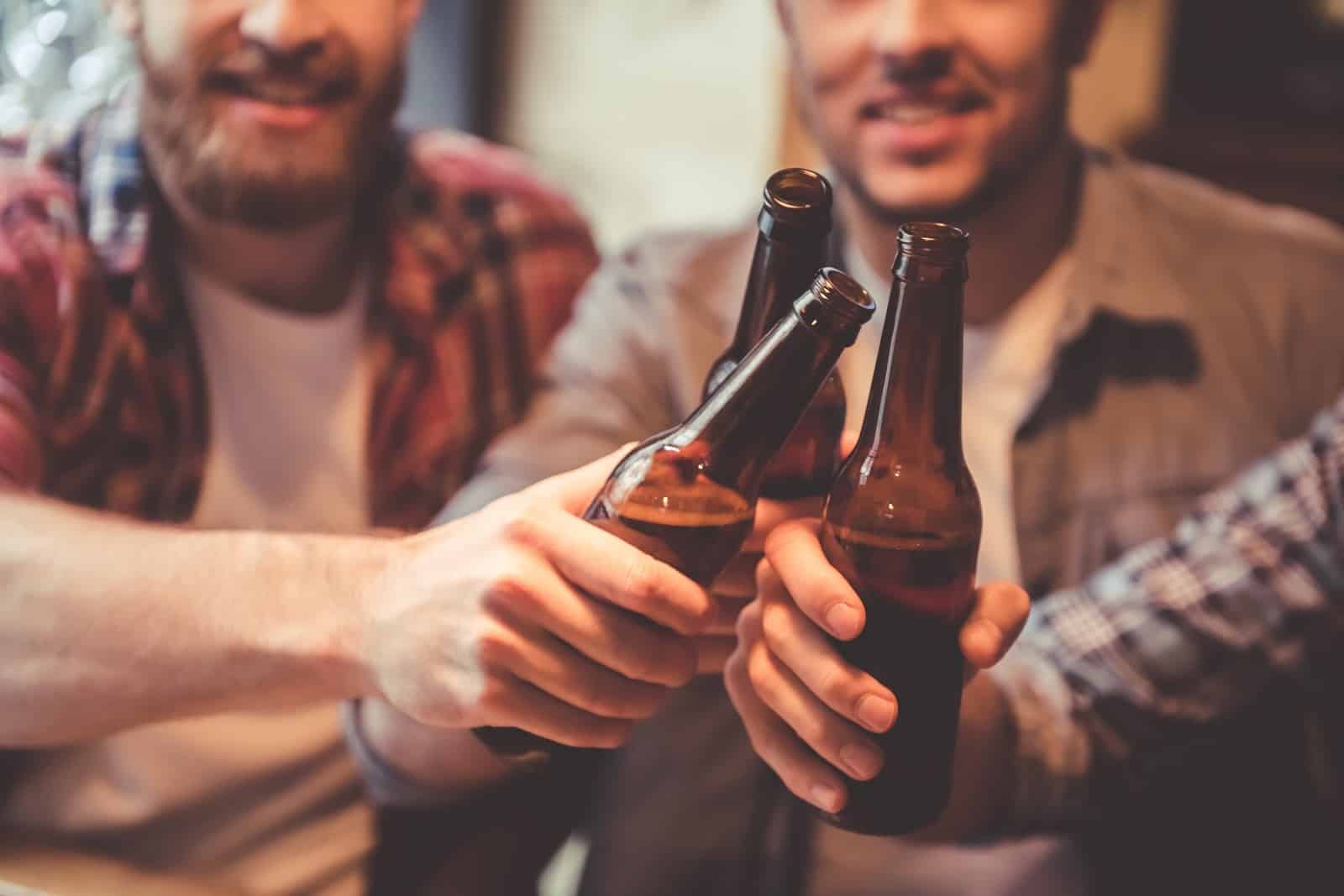
The hospitality industry research group KAM said that 5.2 million fewer adults drank alcohol every week in 2023 than in 2021. This figure is likely to be even lower now.
Dry January Extending
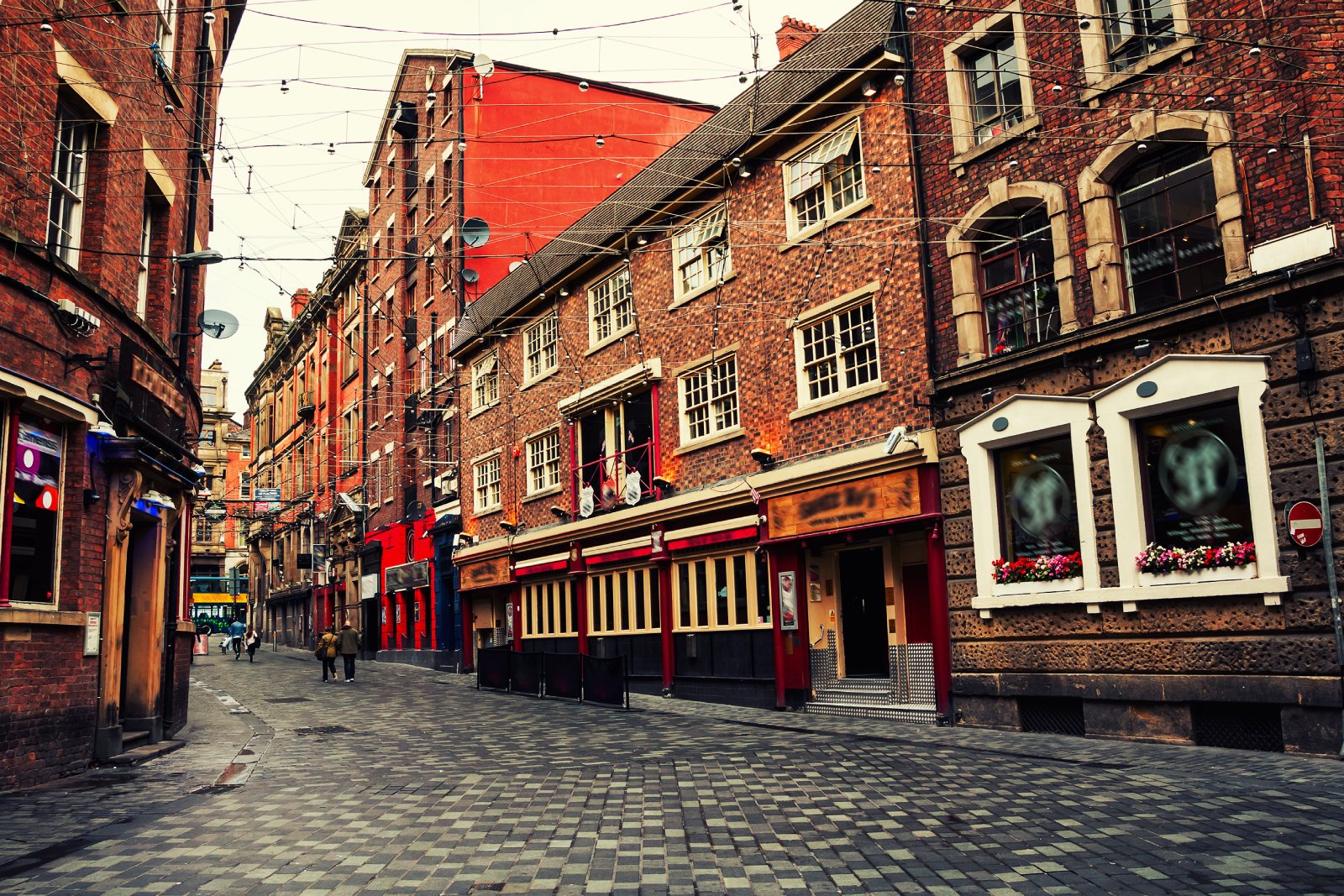
Whilst many used to partake in a ‘dry’ January challenge, some are extending the challenge for longer.
No Weekday Drinking

Some online influencers encourage people not to drink during the week, making it a weekend-only thing.
Young People Turning away From Booze
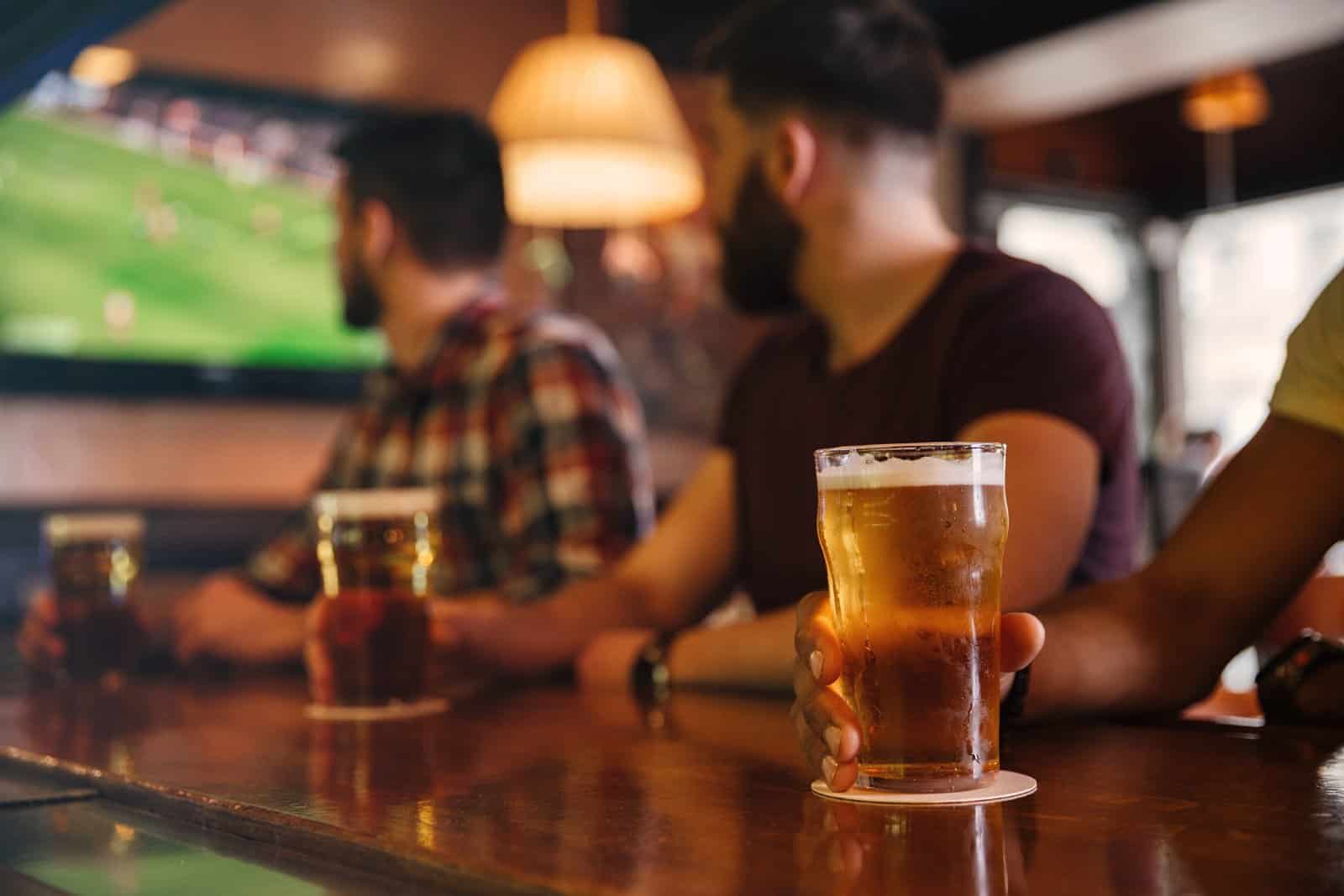
There’s also growing evidence that young people aren’t drinking as much as their parents and generations before they did.
Price and Society Curtailing Alcohol Consumption
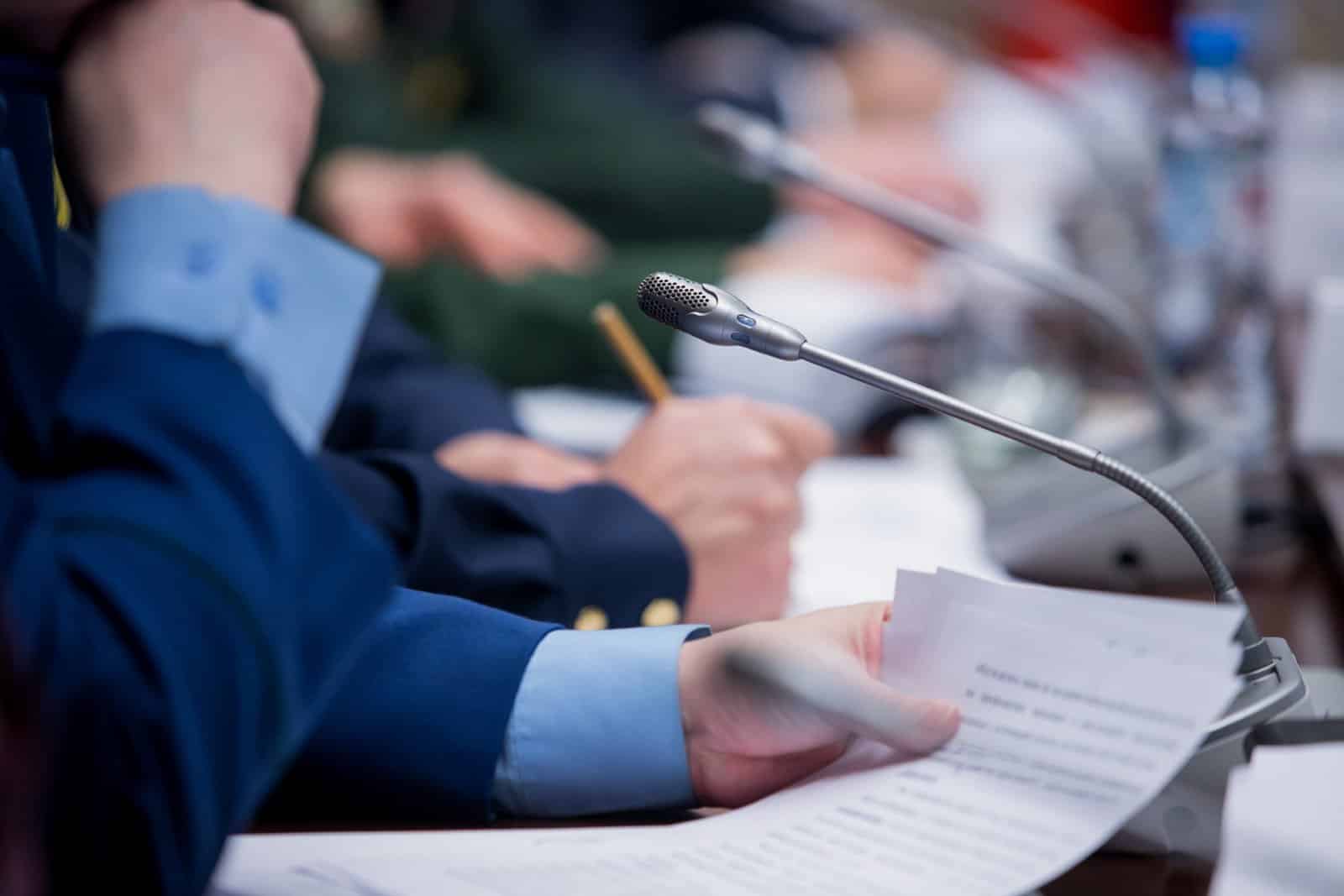
Research by the University of Sheffield concluded: “Our findings suggest that changing practices of socialisation, decreased alcohol affordability and changed attitudes toward risk and self-governance may be key explanations.”
NHS Will Be Thankful
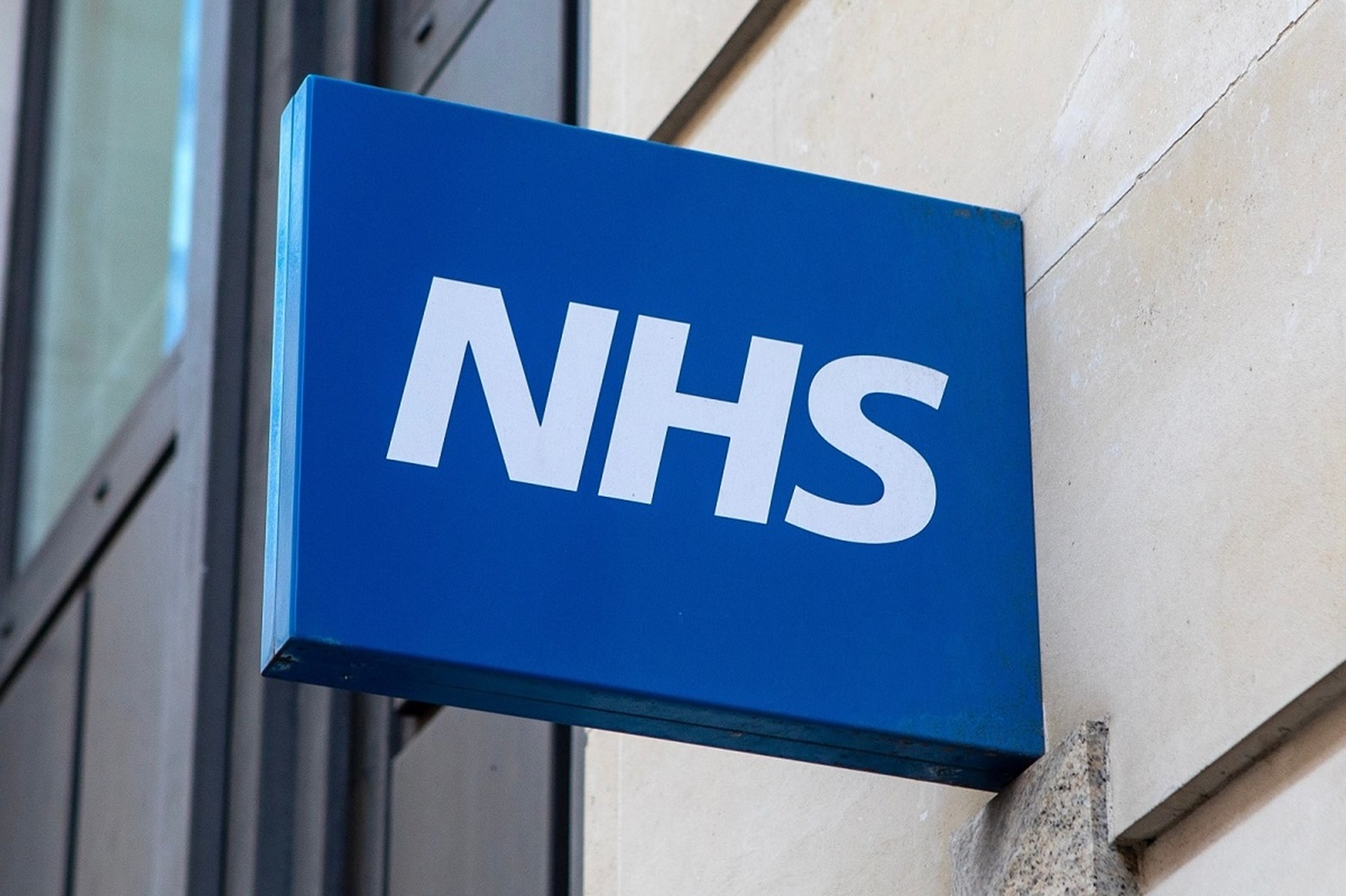
Government data shows the effects of heavy drinking cost the NHS and wider society around £25bn per year. Slowing alcohol consumption on a national level will be helpful.
Society Changing?
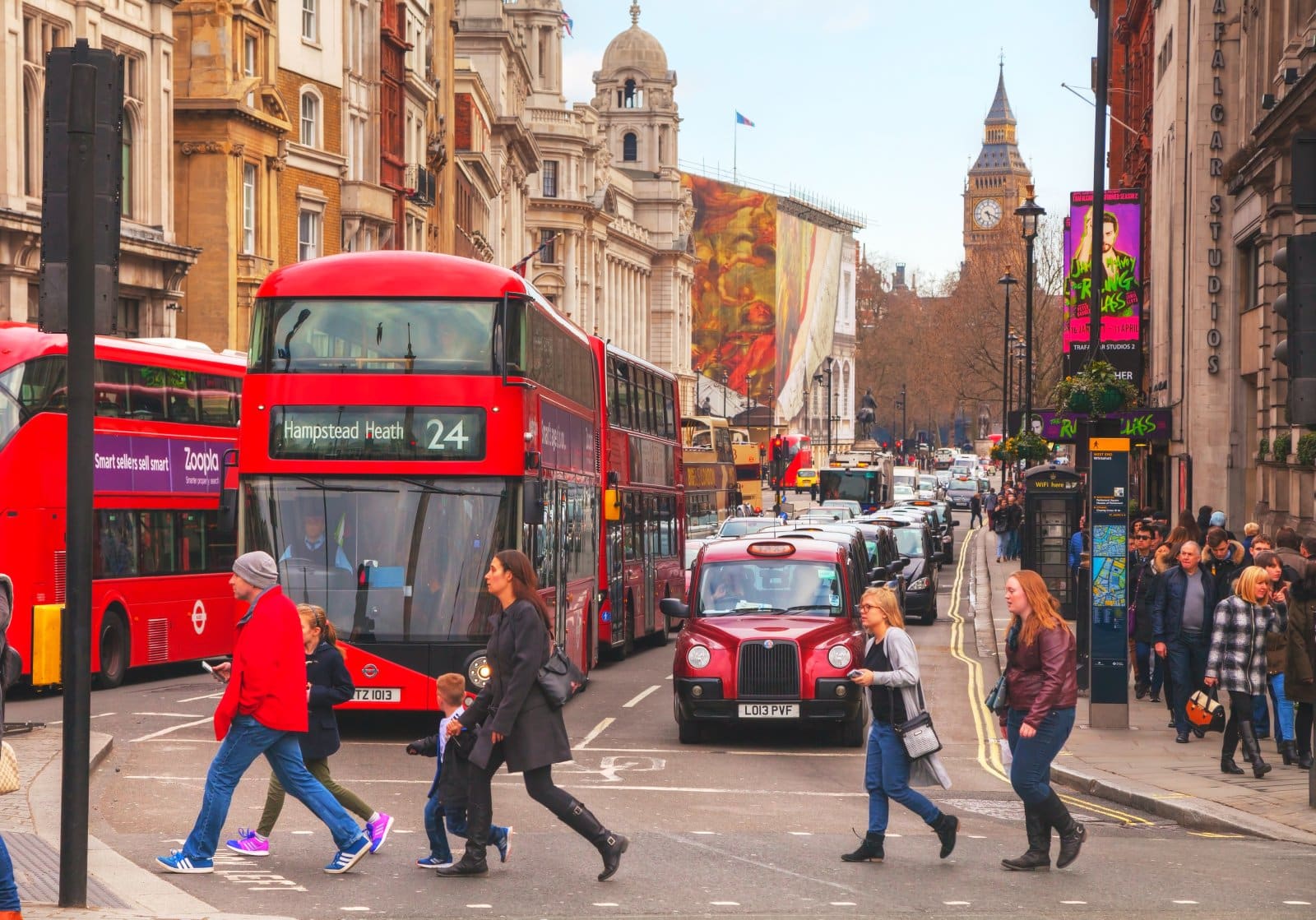
We’re slowly becoming more health-conscious as a nation, and perhaps alcohol sales are a symptom of that.
Featured Image Credit: Pexels / Ketut Subiyanto.

